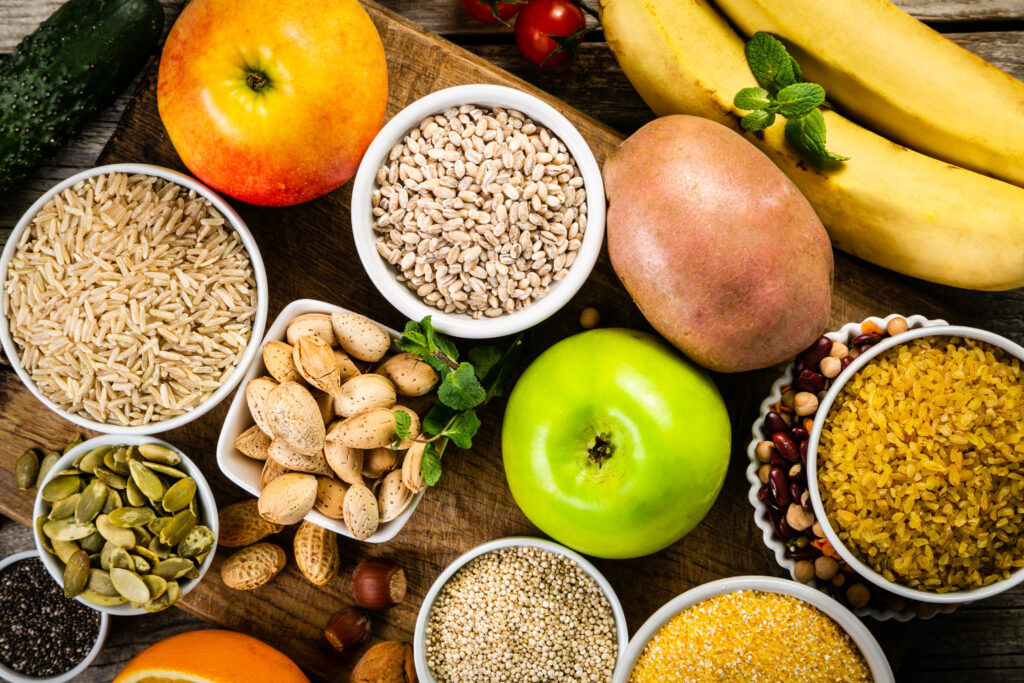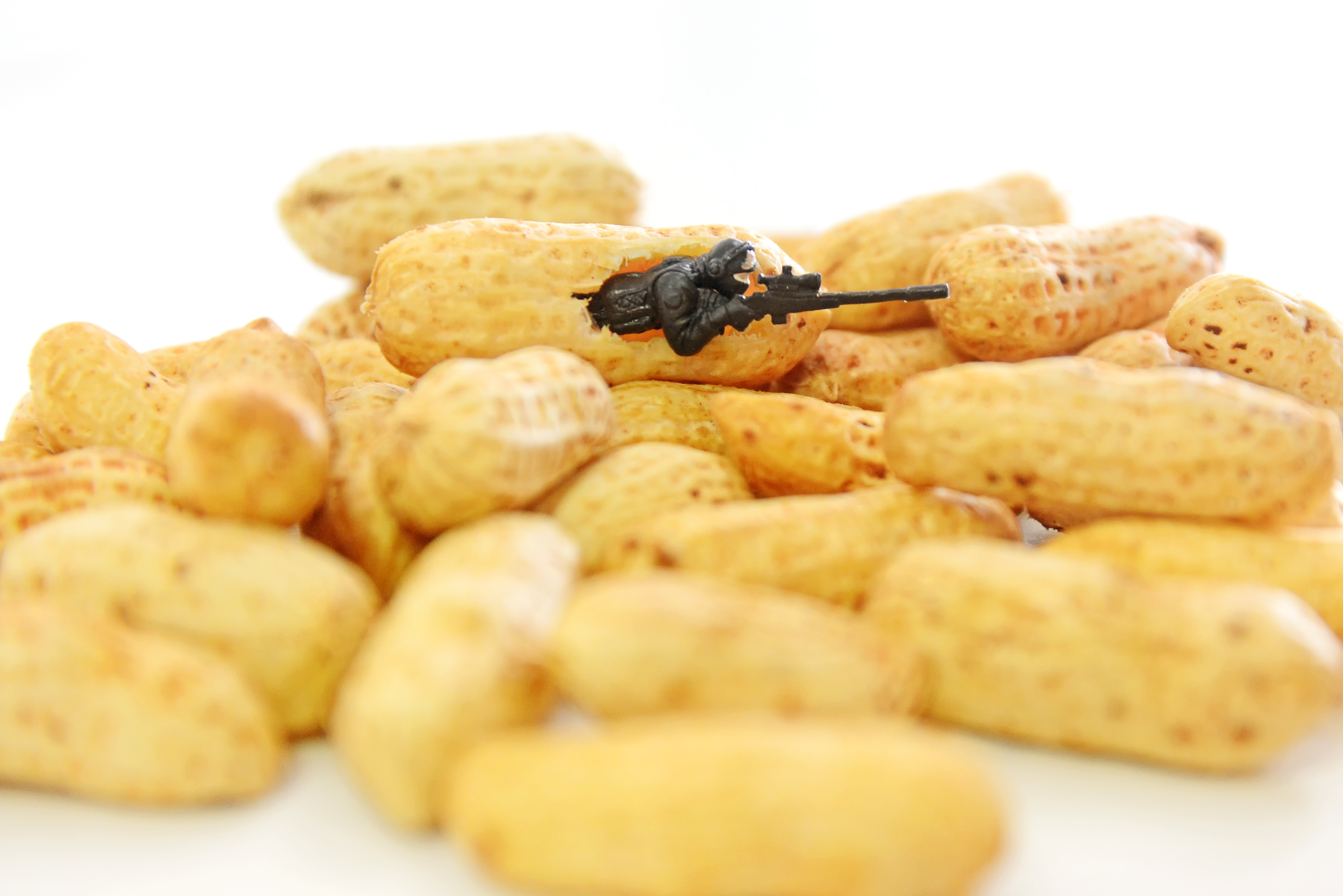
No one wants to get sick, especially if they’re out doing rigorous training in who knows where about to do who knows what. Your body needs to be your balanced partner when you’re out there serving the country.
MRE meals can make you constipated. Within each MRE meal, there are about 1,300 calories and 12 grams of fiber. This is designed to have the nutrients needed for the soldier and not cause repeated bowl movements.
However, that doesn’t mean that your heath is in trouble for consuming MREs, as they are only meant to be eaten for 21 days. The military also doesn’t solely rely on MREs for their meals.

What To Know About Military MRE Meals
The best way to purchase MRE meals is from an army surplus store in person. They are more expensive to have shipped to you. This is because they are portable, full course meals that pack lots of nutrition. However, prices vary with each store and in-person versus online, so it depends on how much you wish to spend.
The government sells MREs, making them a legal purchase. Soldiers can also sell them legally on eBay. The military also holds auctions of MREs.
You can’t die from only consuming MREs, but you shouldn’t make it your permanent diet plan. The Office of the Surgeon General approves their consumption for 21 days. Any longer, and your gut flora will become imbalanced.
However, soldiers do not solely eat MREs. They shift from regular diets to MREs to keep up their nutritional requirements.
Are They Yummy?
Well they do have a few nicknames such as:
- Meals Rejected by Everyone
- Meals Rarely Enjoyed
- Meals Rejected by the Enemy
- Meals Refusing to Exit
But that doesn’t mean they’ll have those names to you. People complain that MREs taste bad in general, but some aren’t as bad as others. Each MRE package contains an entrée, a starch, a spread (cheese, peanut butter, jam), a dessert and snack, a beverage powder (instant coffee or tea), and chewing gum.
Here are the top five most liked MREs.
- Chili Mac
- Beef Ravioli
- Beef Stew
- Chili w/Beans
- Shredded BBQ Beef

A Nutritional Biochemistry Study On MRE Meals
According to Armytimes.com, a study was conducted featuring 60 volunteers from both the military and civilian background for three weeks. The Journal of Nutritional Biochemistry recorded the results and sent them to the U.S. Army Research of Institute of Environmental Medicine.
The following is from the article on Armytimes.com that was overseen by Dr. J Phillip Karl:
“Volunteers were divided into two groups; one cohort was instructed to brave an MRE-only regimen of two to three meals per day, while the other was directed to maintain a normal diet of relatively equal caloric intake. Meal types were tailored to each participant to avoid significant weight fluctuation, and both groups were asked to maintain a pre-established level of physical activity. To wash the meals down, MRE participants were asked to stick to water only, or, “if desired,” spoil themselves with a daily allowance of two to three cups of black coffee.
Participants documented their 21-day trial using food logs that were reviewed by the researchers, who also collected fecal, blood, and urine samples to study the diet’s impacts on intestinal health.
At the conclusion of the three weeks, the authors reported that participants in the MRE group averaged one fewer bowel movement per week than the non-MRE group.
These meals, on average, yield about 1,300 calories and 12 grams of fiber. Despite the strict diet of non-perishable MREs contributing to fewer bowel movements—defecation reportedly returned to normal once participants resumed their regular diet—participants in the MRE group fared just as well as their non-MRE counterparts when it came to gastrointestinal health.
Gastrointestinal discomfort can often be the product of high stress, dehydration, or even hygiene, environmental factors experienced by any service member who has found themselves in harsh surroundings.” Source
Are MRE Meals Healthy?
Based on the study, those who ate rations did have fewer bowel movements per week as the gut bacteria had lower levels. But the researchers found almost no difference in gut chemistry between those who ate only MREs and those who continued to eat normally.
Fermented food, like dairy products, have good bacteria, which aren’t in the MREs. While MREs possess about the same amounts of carbs, fat, protein, and fiber of an average diet, they are specifically made for tough conditions and a three-year shelf life, so fresh food isn’t included.
Dr. J Phillip Karl stated, “Research suggests gut microbiota influence our moods, digestion and immune systems. Even a small change can alter how nutrients are absorbed, or inflame the intestinal lining, leading to stomach pain and even chronic diseases.”
Because of this, your body experiences fewer bowel movements, even though in an average American doesn’t consume too many fresh foods in the first place.
Servicemen also experience this because of dehydration, hygiene, stress, and drastic climate changes. If you have experienced gastrointestinal distress before or after you’ve had MRE meals, it could be that you need to add fresh foods to your diet.
“Americans tend not to eat enough fruits, vegetables and whole grains,” Dr. J Philip Karl states. “The MRE actually provides more fiber and more of several vitamins and minerals compared to people’s typical diets…I think MREs get a bad rap.” Source

What You Can Eat With MREs
When you’re choosing your military snacks and foods, make sure you store at least a three-day supply of non-perishable food, match any special dietary needs, and avoid food that will make you thirsty.
Keep in mind this list is only for prepping emergency food supplies.
- Ready-to-eat canned meats, fruits, vegetables w/can opener
- Protein or fruit bars
- Dry cereal or granola
- Peanut butter
- Dried fruit
- Canned juices
- Non-perishable pasteurized milk
- High-energy foods (nuts, beans, brown rice, etc.)
In the end, it’s all about understanding the gut microbiome and how it behaves in the field. Having food with the best gut microbiome-targeted nutrition is the main goal to improve health and readiness for action.